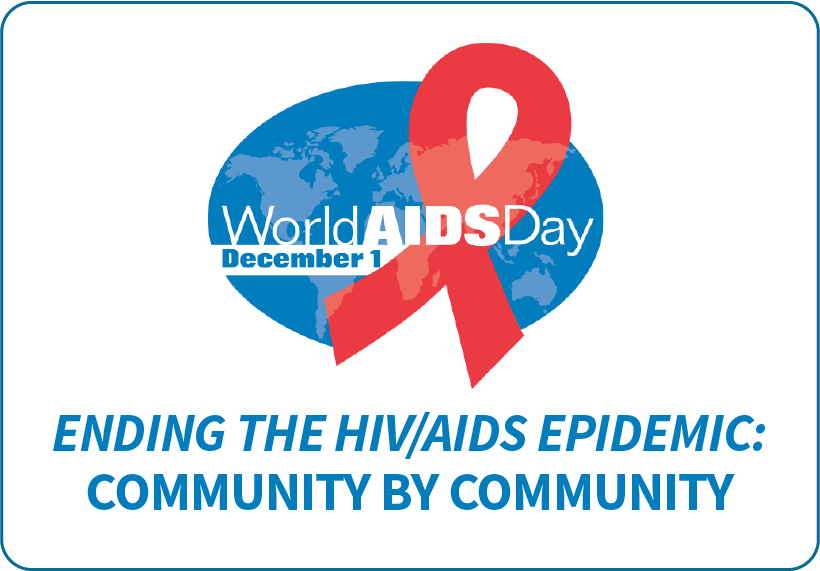Hello, and Happy New Year!
I’m Jacqueline Hixson, the newest addition to the American Nurses Association’s (ANA’s) Policy and Government Affairs team.
It’s no mistake that I came to work at ANA. Nursing has always been near and dear to me, as my mother is a psychiatric nurse. I remember the hard work she put into her job and the long hours she worked while she was getting her master’s degree to become a child and adolescent therapist, all while raising two children as a single mom. Nurses live every day for their patients, and I couldn’t be happier to have landed here at ANA where I can support nurses every day.
Coming to ANA has been a great opportunity for me to live my personal values in my professional life. When I was 18, I was a professional ballerina living without health insurance. I was one injury away from bankruptcy – which to me is unacceptable. Working for ANA means I can make a big difference in the lives of citizens by advancing health care policy that has patients in mind – just like my mom did and nurses everywhere do.
My background is in political campaigns: as a fundraiser, communications director, manager, and consultant on campaigns nationwide. Originally from Georgia, I’ve had great opportunities here in the Washington, D.C. area to make a difference in my community and for our nation.
Now that you know how I got here, let me tell you a little bit about what I do!
As you may know, ANA has long had a Political Action Committee (PAC) dedicated to electing nursing leaders to Congress. Sometimes, we’re fortunate enough to elect a nurse (like Congresswoman Lauren Underwood (D-IL-14)), which is always exciting!
An association’s PAC raises funds from voluntary member contributions to elect officials who align with the association’s purpose, values, and priorities. As ANA-PAC’s Coordinator, I have the distinct opportunity to help elect leaders who advance legislation and policy that move nurses and the health care field forward every day. What a dream job!
If you have any questions regarding the ANA-PAC I’m always happy to chat. Give me a ring at 301-628-5014 or email me at jacqueline.hixson@ana.org; I’d love to hear from you! Of course, you can always learn more at www.anapac.org.

